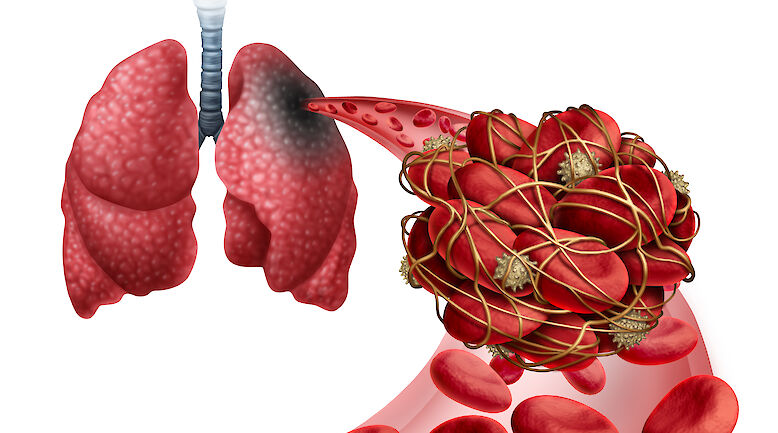Prevailing professional identity traits of Finnish physicians

Background
The aim of this study is to describe the Finnish physicians’ identities and to analyse the differences between genders, age groups and work sites.
Methods
The study population consisted of all Finnish physicians under the age of 70 (N = 21,501). The sample was drawn from physicians who were born on odd days (n = 10,600). A total of 5350 physicians answered the questionnaire. The response rate was 51%. Professional identity was examined by surveying 25 different fields.
Results
The characterization which most physicians identified with was that of “the helper” (76%). The next most popular choices included “member of the work team”, “health expert” and “listener”. The biggest difference between the sexes was found in the description “health educator”. The study showed that identity “prescriber” corresponded more often to younger ages. Up to 84% of physicians who worked at health centres regarded themselves as “listeners”, whereas 57% of physicians who worked in hospitals felt that way.
Conclusions
Characterizations such as “helper” and “health expert” reflect the traditional role of physicians. Work sites have more influence on the physicians’ identity, more so than their gender or age group. As the operational environment changes, might new, necessary identities arise.















